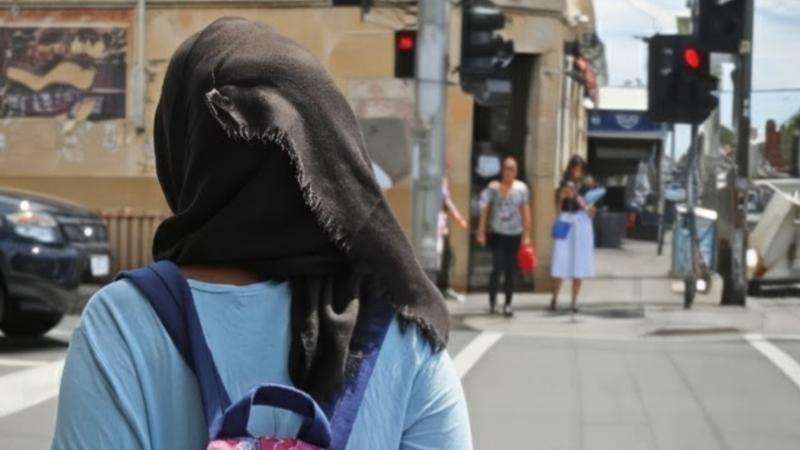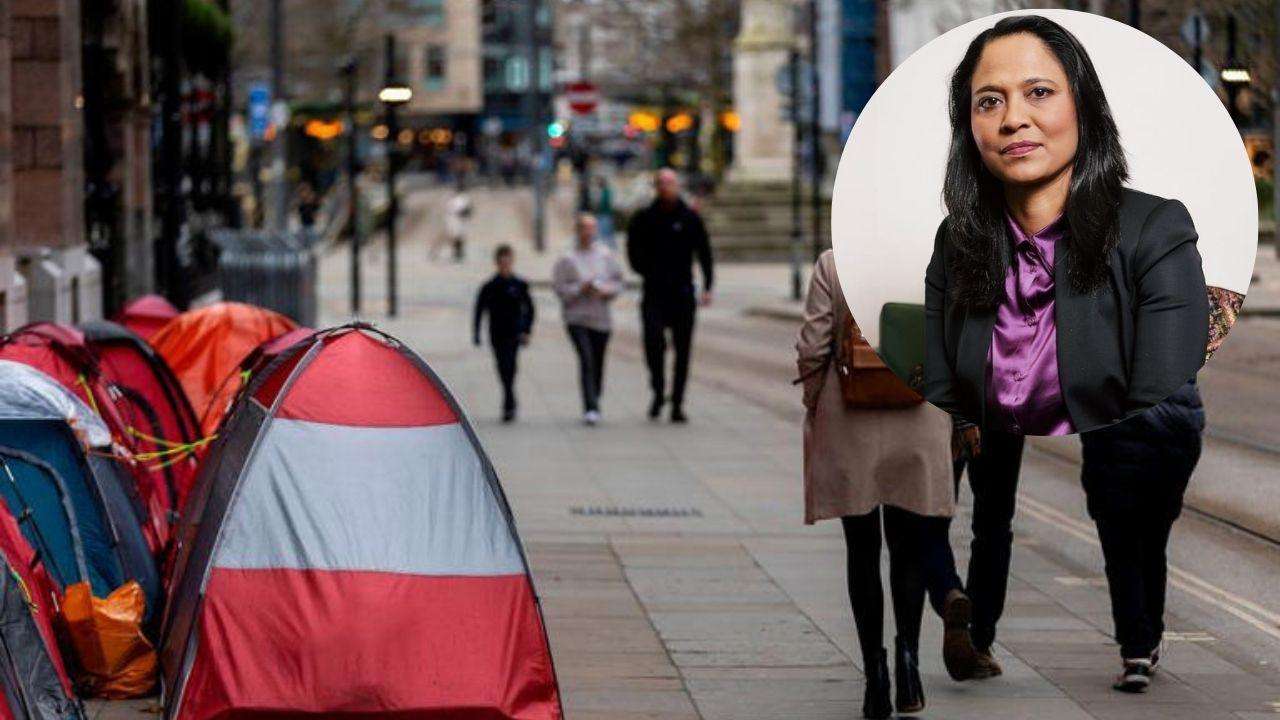England is facing a rough sleeping crisis, with the increasing number of people without shelter described by MPs as a “source of national shame.”
An inquiry has found that rough sleeping remains at alarming levels and has risen in recent years. Florence Eshalomi, chair of the Housing, Communities and Local Government (HCLG) Committee, stated, “The shocking number of people sleeping rough on our streets should be a matter of national disgrace. This crisis demands urgent government action focused on prevention, investment, and the right support to resolve it.”
The rising cost of rent has been exacerbated by past decisions to freeze the Local Housing Allowance, the widespread use of Section 21 “no-fault” evictions, and the five-week wait for an initial Universal Credit payment, which can deepen financial hardship, the committee was told by council officials and homelessness charity representatives.
The inquiry revealed that local authorities and charities often struggle to provide housing for those facing homelessness due to a lack of available accommodation. Councils reported that their housing stock has significantly declined over the years because they have been unable to replace homes lost to the private sector under the Right to Buy scheme.
Today, the cross-party committee sent an official letter to Angela Rayner, Secretary of State for Housing, Communities and Local Government, and Rushanara Ali, Minister for Homelessness and Democracy. The letter, published this Friday, outlines key measures the government should take to combat rough sleeping.
“The ‘Everyone In’ initiative during the pandemic proved that ending rough sleeping is achievable,” Eshalomi continued. “Expanding social and truly affordable housing is essential for long-term solutions, but we must also take immediate action to address the urgent housing needs of those currently sleeping rough.”
She further emphasized the need for integrated support systems to help individuals facing long-term health and addiction challenges regain stability.
“I urge the Inter-Ministerial Group on Tackling Homelessness and Rough Sleeping to take on board the Committee’s recommendations and to deliver on the Government’s commitment to turn the tide on homelessness”.
In Manchester, rough sleeping hit the headlines just this week when a homeless camp in St Peter's Square was ordered to be removed after the council won a crucial court ruling. The local authority said all of those living in the camp ‘have been accommodated’ by the council.
And the committee is urging the government to take concrete steps to address the national ‘emergency’, including bringing forward measures to help people sustain tenancies in the face of rising rents and the broader cost of living crisis, including ending Section 21 evictions through the passage of the Renters’ Rights Bill as soon as possible.
The committee has also recommended the government review the welfare assistance that those on low incomes can receive, including ensuring that Universal Credit (UC) payments meet the costs of essentials, and that the Government looks to end the 5-week waiting period for those in receipt of UC.
The committee says its emphasis on prioritising funding for prevention leads it to recommend a shift to a smaller number of longer-term funding streams, which should be more cost-effective and enable councils to better plan support services.
To help address the dwindling housing stock, the committee has recommended the building of more social and genuinely affordable housing as part of its ambition to build 1.5 million new homes, suggesting the government consider including a specific sub-target for these types of tenures.
“The committee also proposes the government set out a plan specifically for the rejuvenation of supported housing to help support individuals away from the streets and into permanent tenancies. Additionally, the Committee recommends restoring funding for supported housing services previously provided by the Supporting People programme,” said a committee spokesperson.
“The committee’s inquiry looked at previous approaches to tackle rough sleeping and the effectiveness of initiatives such as the ‘Housing First’ strategy, and comes forward with recommendations on access to support, joined-up working, and on collecting robust data to help deliver better services to prevent rough sleeping and mitigate its impacts.
“Finally, the Committee recommends the Government review the appropriateness of guidance which councils have regard to when fulfilling their statutory housing duties, including the use of the concept of “intentional homelessness”; local connection tests and priority needs assessments. It does so having heard evidence of some councils using these as a way to “gatekeep” much needed support from those at risk of sleeping rough.”
A spokesperson for the Ministry for Housing, Communities and Local Government stated, “We have inherited the most severe housing crisis in recent history, which is why we are taking swift and decisive action to eradicate homelessness permanently.
“This year, we have tripled the winter pressures funding to £30 million to help councils provide support for the most vulnerable. Additionally, we are addressing the root causes of homelessness by allocating £1 billion in extra funding for homelessness services and emergency accommodation.
“This initiative is part of our broader Plan for Change, which includes the construction of 1.5 million new homes—ensuring access to both social and affordable housing—and implementing legislative reforms to abolish Section 21 ‘no-fault’ evictions.”



_7.jpg)




.svg)


